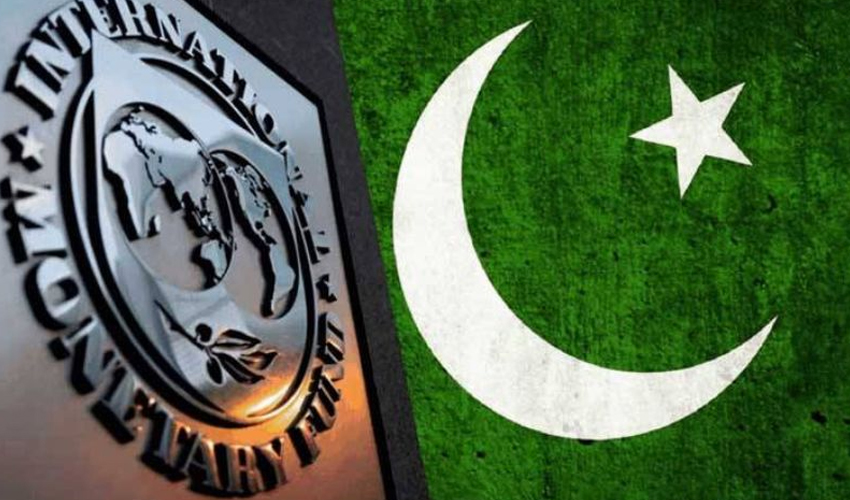Islamabad, Aug 21: Sources claim that Pakistan’s name is missing from the most recent IMF Executive Board meeting calendar, which is available through August 30.
Between August 28 and 30, the IMF board will consider applications from three nations, including Vietnam. Pakistan’s application for a new loan program, however, has been delayed until the next month, which would make the nation’s wait for financial aid much longer.
According to sources, the $12 billion loan from friendly nations that was not timely rolled over is the primary cause of the delay. Pakistan must get guarantees of external finance prior to the executive board meeting in accordance with the strict restrictions imposed by the IMF.
Presently, the nation has $5 billion in deposits from Saudi Arabia, $4 billion from China, and $3 billion from the United Arab Emirates.
In an attempt to comply with IMF requirements, Pakistan’s government has been requesting the refinancing of commercial loans and the rollover of the $12 billion deposit. The approval of the bailout is being delayed at a crucial moment, since Pakistan has to make $26.4 billion in foreign commitments this year, including payments for commercial debt.
Prior to this, on August 19, the IMF Executive Board’s agenda was posted, which raised questions about when the loan would be disbursed because Pakistan’s name was absent from it. The schedule was set till August 28.
There is cause for hope nevertheless, as reports suggest that the Executive Board retains the authority to add things to the agenda outside of the formal timetable. This comes after the July 12 signing of the staff-level agreement between Pakistan and the IMF.
According to officials, the Executive Board usually convenes in a span of four to six weeks following the completion of a staff-level agreement in order to conclude the agreement.
It is anticipated that Pakistan would receive vital financial support from the new IMF loan program, which will last 37 months and help stabilize the country’s economy, increase its foreign reserves, and solve its current fiscal issues.
